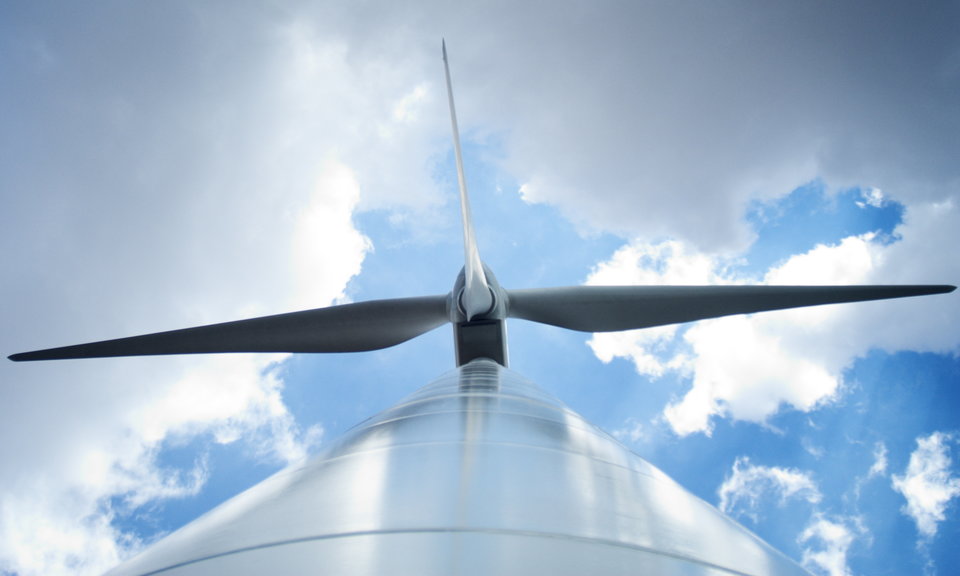TU Delft Institute for Computational Science and Engineering (DCSE)
About DCSE
Computational Science and Engineering (CSE) is rapidly developing field that brings together applied mathematics, engineering and (social) science. DCSE is represented within all eight faculties of TU Delft. About forty research groups and more than three hundred faculty members are connected to, and actively involved in DCSE and its activities. Over 250 PhD students perform research related to computational science.
CSE is a multidisciplinary application-driven field that deals with the development and application of computational models and simulations. Often coupled with high-performance computing to solve complex physical problems arising in engineering analysis and design (computational engineering) as well as natural phenomena (computational science). CSE has been described as the "third mode of discovery" (next to theory and experimentation). In many fields, computer simulation, development of problem-solving methodologies and robust numerical tools are integral and therefore essential to business and research. Computer simulations provide the capability to enter fields that are either inaccessible to traditional experimentation or where carrying out traditional empirical inquiries is prohibitively expensive.
Mission
DCSE’s mission is to take up a leading role in simulating and modelling physical, environmental and social phenomena using computational techniques. The institute is an authoritative community on computational science and engineering-related research, education and strategic cooperation. We are active within TU Delft and beyond: we focus on peers, industry, universities and knowledge institutes worldwide.
Vision
As society, we face important social and engineering challenges. DCSE contributes to addressing these challenges. From a computational science point of view, four ingredients are crucially needed: (1) a deep and thorough understanding of underlying phenomena; (2) mathematical approximations, efficient algorithms, smart computer simulations and high-end computing resources; (3) a holistic approach to engineering, where people from different backgrounds and with different perspectives cooperate; (4) a well-trained and skilled ‘next generation’ of researchers, engineers and developers.
Strategy
We connect all researchers who work on enabling technology for industry, and intensify cross-faculty research and cooperation. Our broad education portfolio geared towards the engineer of the future is designed for both bachelor, master, doctoral students, postdocs and staff. With the development of the Delft High Performance Computing Centre, we meet the enormous need among researchers and students for high-end computing resources. An emerging trend is a closer cooperation between CSE and AI, both in improved simulations and in the development of highly efficient algorithms that can be used in both CSE and AI.



